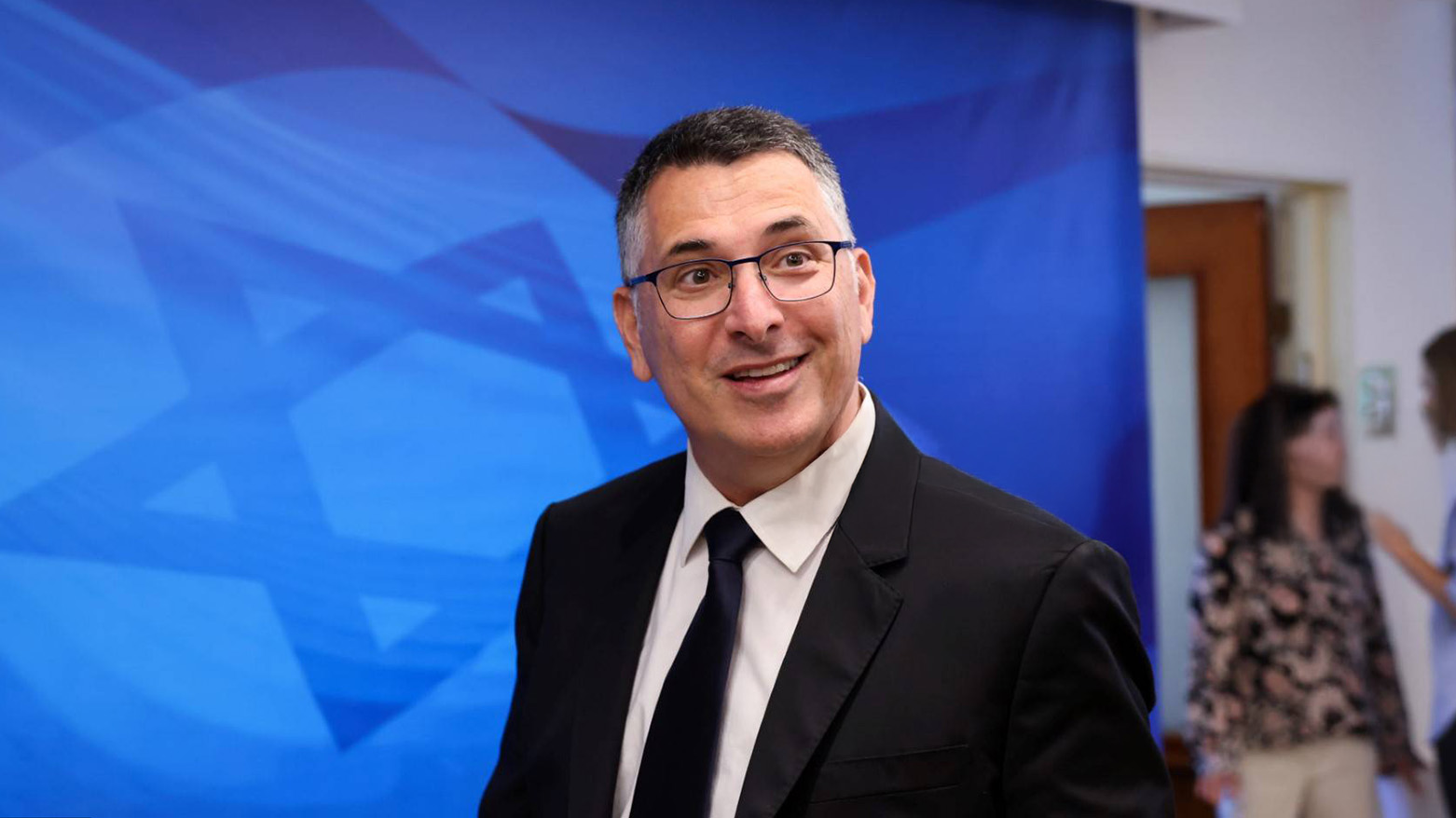Israel Signals Policy Shift Toward Damascus Amid Regional Realignments
The Jerusalem Post wrote that “normalization between Syria under al-Sharaa and Israel is possible after decades of hostility.” The article further described al-Sharaa’s rhetoric and actions as “largely positive messages.”

By Ahora Qadi
ERBIL (Kurdistan24) – In a surprising statement, Israeli Foreign Minister Gideon Saar on Tuesday expressed his country’s desire for “good relations” with Syria’s new leadership, marking a dramatic shift from Israel’s previously aggressive tone toward Damascus since the ousting of former President Bashar al-Assad.
Israeli officials had consistently issued harsh remarks against Syria’s new rulers, none more forceful than Saar’s earlier description of Damascus’s leadership as “extremist jihadists who simply moved from Idlib to Damascus.”
A Shift Amid Widening International Welcome
While much of the international community has embraced the new Syrian government’s discourse and initiatives, Israel’s stance had remained an outlier. President Ahmad al-Sharaa was recently welcomed at the Élysée Palace and has sent positive signals to the U.S. President Donald Trump, offering both economic and political proposals to usher in a new era.
These overtures included messages directed at Israel. On April 25, Congressman Cory Mills told Al-Monitor that President al-Sharaa conveyed readiness to normalize relations with Israel during a 90-minute meeting in Damascus. Although Tel Aviv initially dismissed the initiative as a “maneuver,” the recent Israeli statements are seen by observers as a “timely” response to reduce friction between Prime Minister Benjamin Netanyahu’s government and the Trump administration, which has reportedly criticized Israel’s right-wing leadership for heightening regional tensions, according to The Washington Post.
Media Signals from Tel Aviv
Israeli media outlets have also shifted tone in recent days. On Sunday, The Jerusalem Post wrote that “normalization between Syria under al-Sharaa and Israel is possible after decades of hostility.” The article further described al-Sharaa’s rhetoric and actions as “largely positive messages” and suggested he could become “the most prominent leader to emerge in the Arab world.”
The publication noted that “even the most pessimistic observers will find it difficult to deny the presence of a new spirit in Syria,” highlighting what it called “solid ground for engagement.” The article referred to al-Sharaa’s meeting with French President Emmanuel Macron last week, during which both leaders confirmed that Syria had conducted indirect talks with Israel via intermediaries aimed at reducing tensions following recent Israeli strikes near Damascus.
Prospects of Normalization
The Jerusalem Post expressed optimism regarding the possibility of normalization, interpreting al-Sharaa’s statements since assuming office as “encouraging steps toward reconciliation with Israel.” The paper suggested that his approach might signal openness to regional cooperation and normalization principles, and even speculated that his pragmatic posture could sidestep the issue of the Golan Heights remaining under Israeli control.